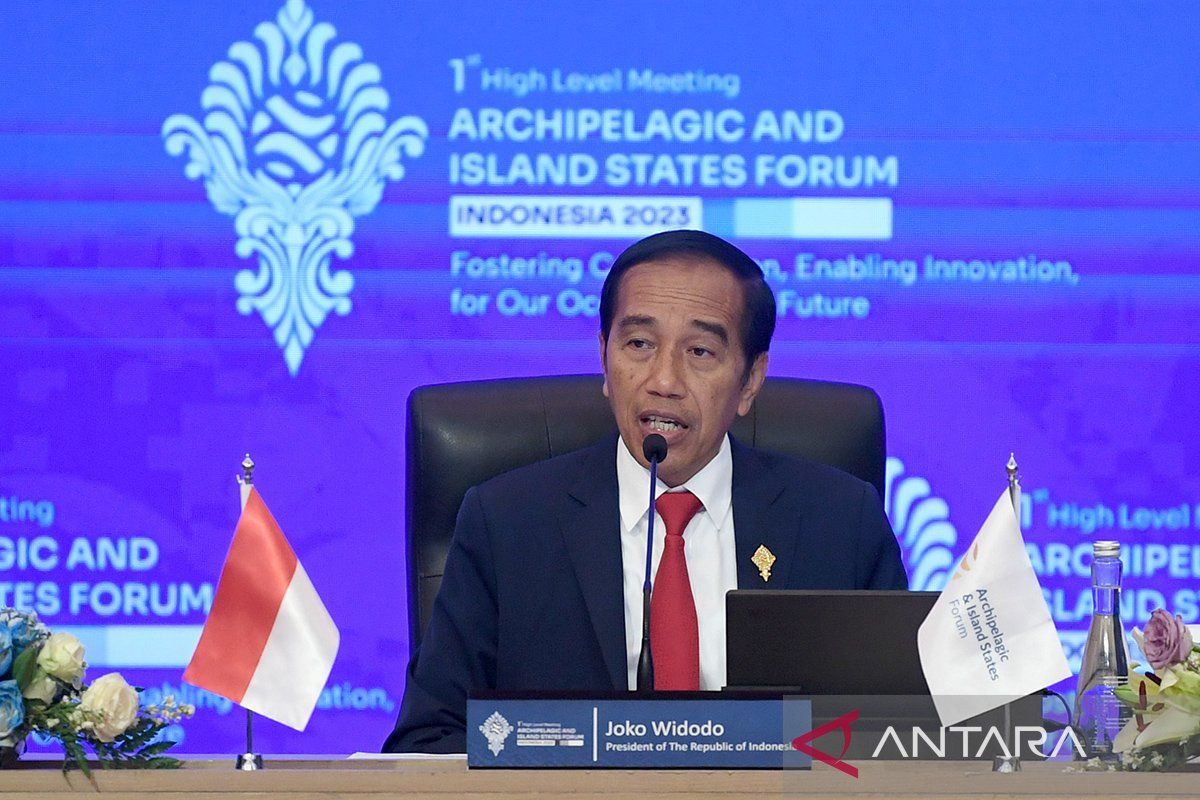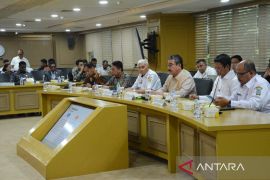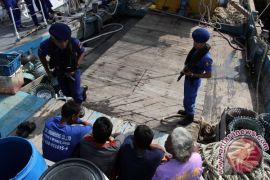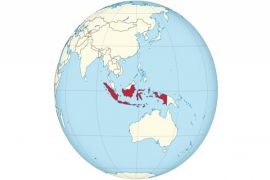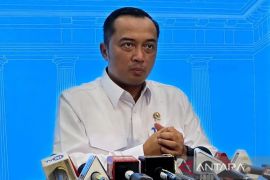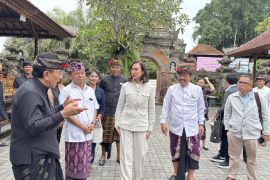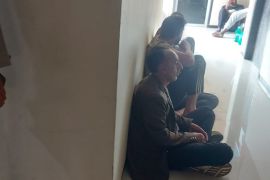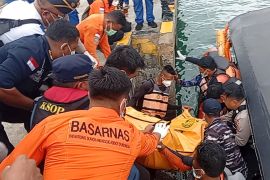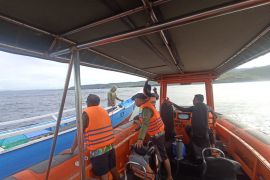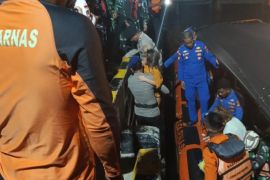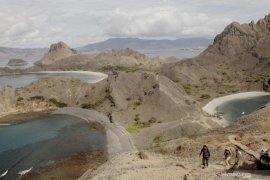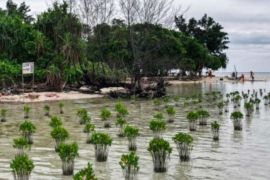"Indonesia would like to invite all attending countries to continue strengthening unity and enhancing collaboration in today’s divided world. Let us walk and work together," Indonesian President Joko Widodo (Jokowi) stated while opening the high-level meeting in Nusa Dua, Bali, on Wednesday.
He highlighted that all archipelagic and island countries, whether large or small, developed or developing, are facing challenges, such as rising sea levels, marine resource management, and marine pollution.
"Throwing rubbish on land does not necessarily mean it will end up in another part of the world. But throwing rubbish into the ocean means it can reach any land in the world," he stated.
Jokowi noted that collaboration and solidarity between archipelagic and island countries are crucial to creating strategic, concrete, and tactical measures for tackling shared problems.
He also said that the high-level meeting is a crucial opportunity to set the direction for future collaboration.
In this regard, he encouraged three aspects to be advanced: solidarity, equality, and inclusivity as principles that must be held together; priority on concrete cooperation that is adjusted to the needs of recipient countries; and third, robust and dynamic cooperation framework to respond to challenges going forward.
On that occasion, he noted that Indonesia has also continued to echo the interests of archipelagic and developing countries at various international forums, such as the 2022 G20 Summit, the 2023 ASEAN Summit, and the 2023 AIS Forum High-Level Meeting.
"Indonesia is also committed to preparing grant funds to be used for the interests of archipelagic countries and developing countries," he remarked. At a press conference held after the meeting, Jokowi highlighted that developing and archipelagic countries have the same right to advance and carry out development.
He also stated that Indonesia, as a maritime nation, would continue to be at the forefront of supporting the AIS Forum as an inclusive cooperation of archipelagic and island countries.
He reaffirmed Indonesia's commitment to providing grants to address climate change, develop innovations, and promote sustainable ocean governance.
“For Indonesia, the sea is not a divider, but instead, the sea is a uniter,” Jokowi remarked.
The president outlined that cooperation of AIS has presented concrete benefits to the community, including the coastal community, through the provision of scholarships, joint research funding, AIS Blue Startup development, digitalization training for micro, small, and medium enterprises (MSMEs), and development of innovative funding.
He stated that archipelagic and island states are the most vulnerable to the impacts of climate change. He affirmed that in order to tackle climate change, AIS participating countries need to find solutions that are based on innovation and technology.
At the 1st High-Level Meeting of the AIS Forum, which resulted in the Leaders' Declaration on the Solidarity of the Archipelagic and Island States Forum, the leaders agreed to make the cooperation forum an international organization.
"The leaders agreed to increase cooperation in the context of AIS Forum to become more charter-based towards the formation of an international organization," Indonesian Foreign Affairs Minister Retno Marsudi stated at a press conference after the AIS Forum high-level meeting.
In this case, AIS country leaders tasked their ministers and high-ranking officials to start discussing the road map and the conditions needed. The declaration agreed upon by the 32 AIS participating countries also includes four priorities for future cooperation, namely climate mitigation and change, blue economy and ecotourism, handling marine plastic pollution, and good maritime governance.
Marsudi said that the AIS Forum is different from other international forums, as it prioritizes cooperation programs and innovative solutions that are community-based.
"There are many community-based programs that touch the interests of the people, including new ideas initiated by the youth in handling climate change," she remarked.
She emphasized that Indonesia would continue to support the principles of inclusivity in AIS Forum cooperation by involving the participation of the community and all stakeholders.
Indonesia hosted the 1st High-Level Meeting of the AIS Forum that was attended by 32 countries and four international organizations.
The high-level meeting, which is the first one of its kind to be held since the forum was formed in 2018, raised the theme of "Fostering Collaboration, Enabling Innovation. For Our Ocean, and Our Future".
At the head-of-state level, Indonesia noted the participation of President of the Federated States of Micronesia Wesley Simina, Prime Minister of Timor-Leste Xanana Gusmao, the Premier of Niue Dalton Tagelagi, Prime Minister of São Tomé and Príncipe Patrice Emery Trovoada, and Prime Minister of Tuvalu Kausea Natano.
Deputy Prime Minister of Fiji Manoa Seru Nakausabaria Kamikamica and Deputy Prime Minister of Tonga Samiu Kuita Vaipulu were also in attendance at the meeting.
Meanwhile, delegations of other countries were led by ministers, deputy ministers, high-ranking officials, and ambassadors during the high-level meeting.
Related news: AIS Forum leaders sign declaration to create new global organization
Related news: Island nations most vulnerable to climate change: President Jokowi
Editor: Anton Santoso
Copyright © ANTARA 2023
